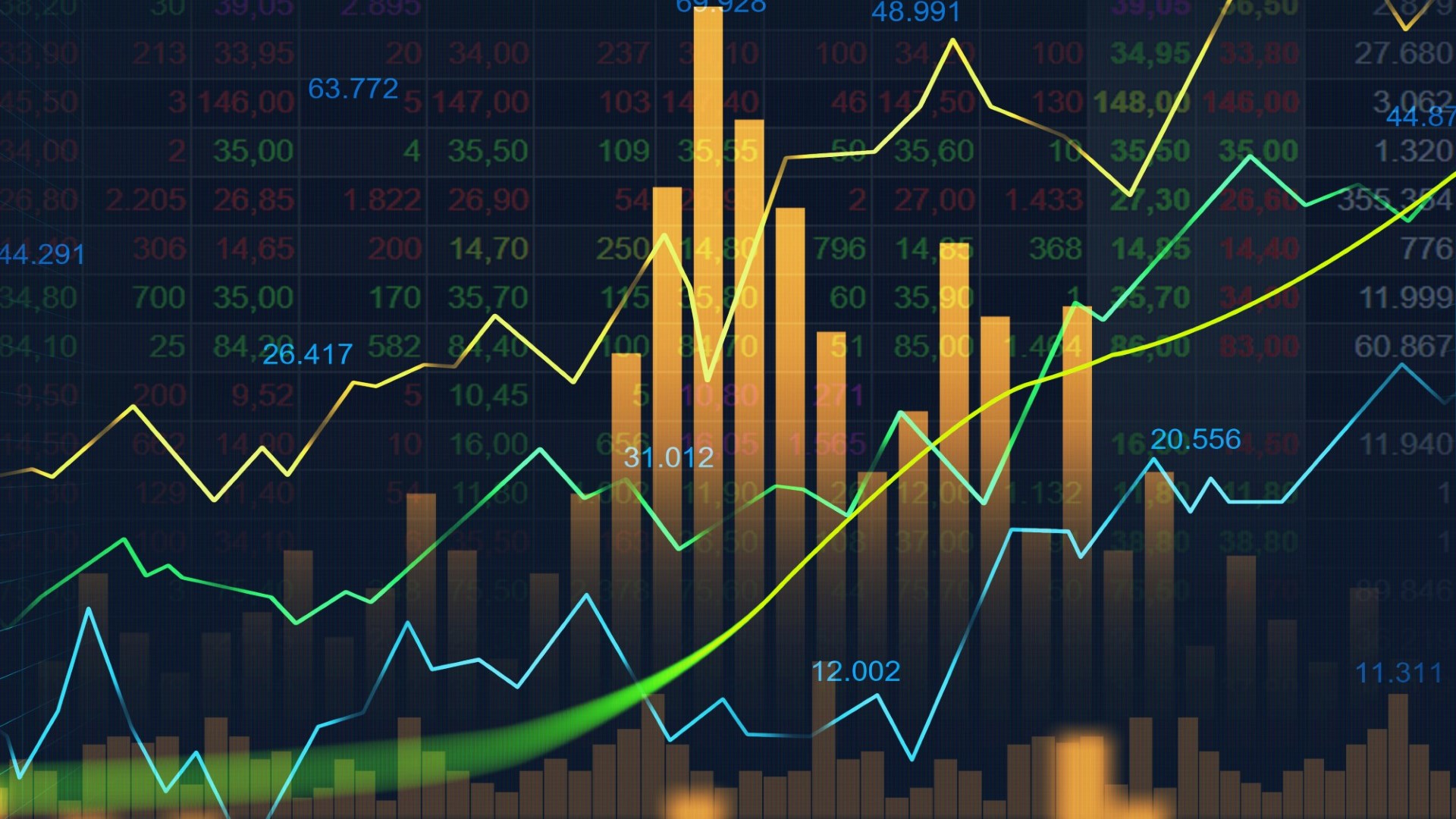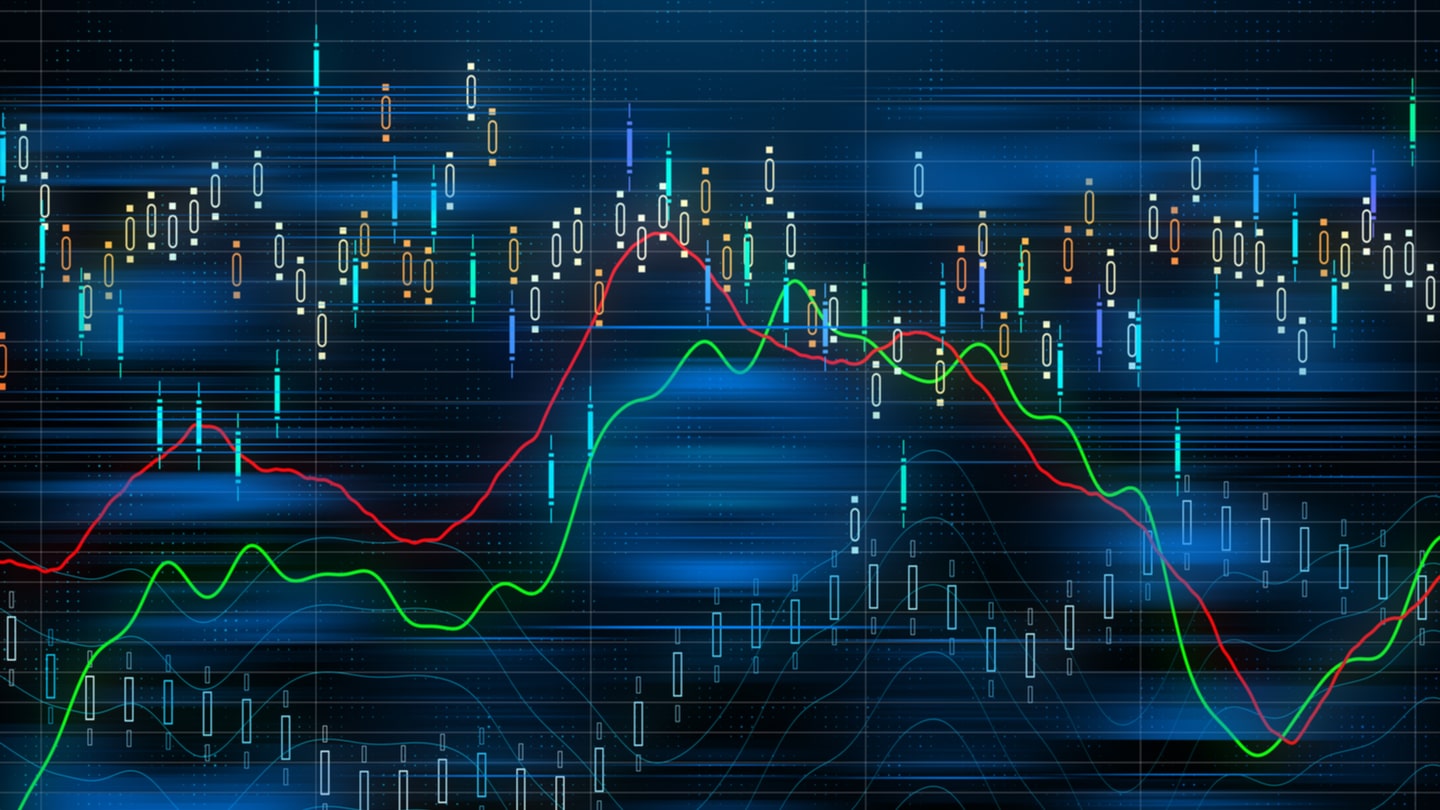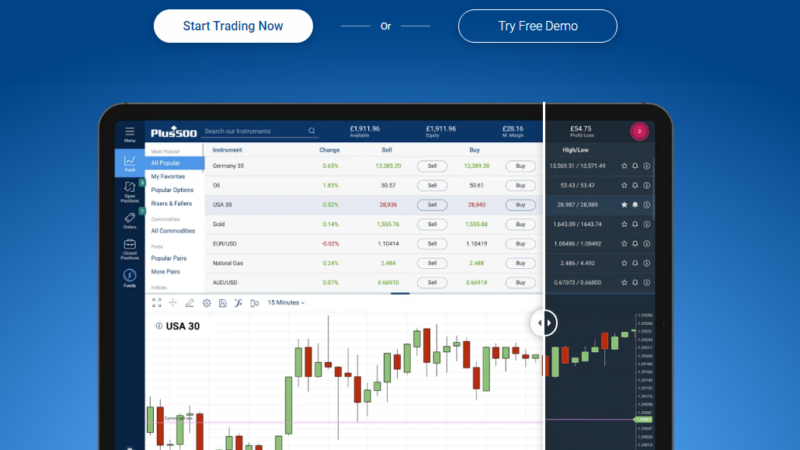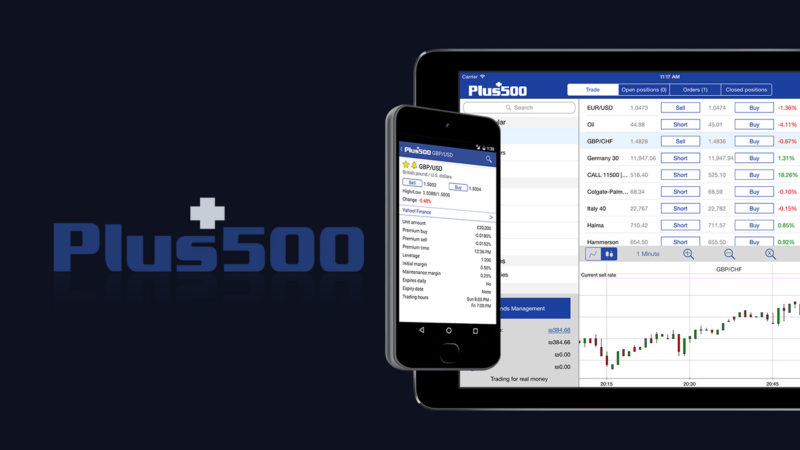Establishments That Trade Forex

The foreign exchange market, popularly known as the forex or FX market, is the single largest financial market in the entire world. It is so large that it is even larger than the stock market with an average daily global turnover of 6 to 7 trillion US dollars. Such a vast market is bound to attract a lot of people to it, but the people who invest in it must know what they are getting themselves into.
There are over 180 official currencies in the world. Still, in the international forex market, the most commonly used currencies are the US dollar, the British pound, the Euro and the Japanese Yen. Other similarly popular currencies include Swiss franc, Canadian dollar, Australian dollar and the New Zealand dollar. The forex market is open, and trading occurs continuously twenty fours hours a day, five days a week.
Who Trades Forex
There are a lot of establishments that trade in the forex market. Here are some of the most prominent types of players in the forex market.

Commercial And Investment Banks
The most significant volume of currency trade in the forex market is in the interbank market. It is in the interbank market that banks of all sizes trade currencies with each other and through electronic networks. A large percentage of total currency volume is traded in large bank accounts. Banks conduct speculative trade from their trading desks and to facilitate forex trades for their clients. When the banks are dealing for clients, the spread between the bid and ask price represents the bank’s profits. Currency fluctuations are the basis of profit for speculative currency trades.
Central Banks
The central banks are the banks that represent a country’s government and are critical players in the forex market. Interest rate policies and open market operations of central banks can influence currency rates to a considerable extent. The central bank is the one that is responsible for fixing the price of the country’s currency on the international forex market. The central banks also decide the exchange rate regime by which a currency trades in an open market. The exchange rate regimes of a country are divided into fixed, floating or pegged types. Central banks may either weaken or strengthen the native currency against a foreign currency because of market pressures, all in favour of the market.
Investment Managers and Hedge Funds
Hedge funds, pooled funds and portfolio managers make up the second most extensive collection of players in the forex market after banks and central banks. Investment managers are responsible for trading currencies for large accounts like pension funds, endowments and foundations. An investment manager that has an international portfolio has to purchase and sell currencies to trade foreign securities. Hedge funds may execute speculative trades as part of their investment strategy, but investment managers can also make speculative forex trades.






